If you struggle with post-traumatic stress disorder (PTSD), you know that this condition can impact nearly every aspect of your life. However, even if you desperately want relief, you may have reservations about seeking professional treatment. Maybe you worry that it’ll require too much time or money. You might even secretly believe that you’re beyond help, or that you’re too broken to be fixed.
Taking steps to seek treatment can be intimidating, but it can also be worth it. While you might feel stuck now, research has demonstrated that evidence-based treatment can help people struggling with PTSD work through their symptoms, process trauma and find a new life in recovery.
Professional PTSD treatment helps people in three key ways.
1. Process the Traumatic Event
PTSD develops when the brain cannot fully process a traumatic event. Essentially, the brain hasn’t filed a traumatic event as something that happened in the past. You may even feel as if you’re there again, re-experiencing the events. Even if you actively avoid thinking about your trauma, you may experience intrusive, involuntary symptoms, such as dreams and flashbacks. However, through treatment, you can recall the details of your trauma and process it in a safe, supportive setting.
2. Identify Irrational Thoughts and Emotions
A traumatic event can dramatically change the way you see yourself and the world. After witnessing a horrific event, you may find it difficult to have positive feelings about yourself and the people around you. This can be particularly disturbing around family and friends for whom you used to easily feel affection. To stop these painful feelings, you may try to avoid interacting with your loved ones, and begin to distance yourself from them. You may also find yourself feeling keyed up or on high alert and believe that the world is an inherently dangerous or cruel place. To suppress this painful new perspective, you may stay away from people, places and situations that remind you of your trauma.
These changes in your attitudes and behavior can dramatically impact your personal and professional relationships, and leave you feeling frustrated and alienated from the world around you, or simply numb. During treatment for PTSD, clinicians teach you how to recognize, understand and dispute these unhelpful or distorted thoughts in a safe and supportive environment. Group therapy helps you understand that you are not alone, which can remove some of the guilt, shame and denial that may surround you. Throughout the course of care, you can gradually confront your feelings, understand their roots and begin to heal.
3. Recognize and Work Through Triggers
The brain is on high alert during traumatic events, absorbing an extensive amount of information about your environment. Because of your heightened state of alertness and concentration, any sights, smells, sounds and other details become deeply imprinted in the brain and tightly associated with the event. In the days, weeks and months after the incident occurs, any of these details can trigger vivid and often upsetting memories.
PTSD triggers can include:
- People
- Thoughts and emotions
- Scents
- Places
- Movies, television shows and news reports
- Sounds
- Tastes
- Anniversaries
- Situations
Having these triggers can make it difficult to go about daily life without re-experiencing your trauma. While it may be difficult, one of the most effective ways to overcome PTSD triggers is to confront them directly. However, this can be painful and even dangerous to do on your own. During professional treatment, clinicians gradually expose you to triggers and teach you how to cope with them in a safe and supportive environment.
Your trauma may feel all-encompassing, but you can find hope and healing in professional treatment. It all starts with a call. The IAFF Center of Excellence is a behavioral health treatment facility dedicated to fire fighters and paramedics. If you or a love struggles with PTSD, addiction or any other mental health condition, our professionals are specially trained to help. Reach out to a representative today for more information, or to get started.
Medical Disclaimer: The IAFF Center of Excellence aims to improve the quality of life for people struggling with a substance use or mental health disorder with fact-based content about the nature of behavioral health conditions, treatment options and their related outcomes. We publish material that is researched, cited, edited and reviewed by licensed medical professionals. The information we provide is not intended to be a substitute for professional medical advice, diagnosis or treatment. It should not be used in place of the advice of your physician or other qualified healthcare provider.





